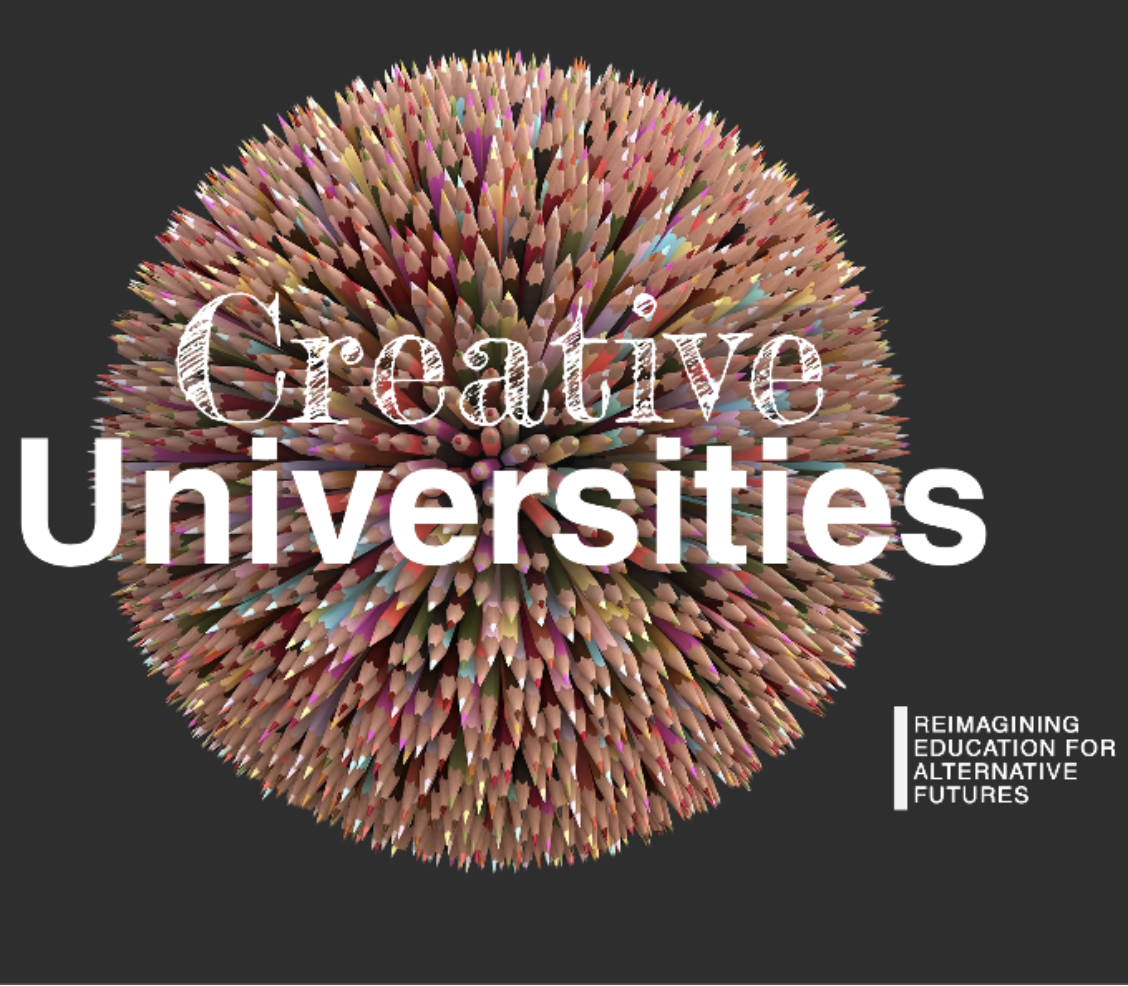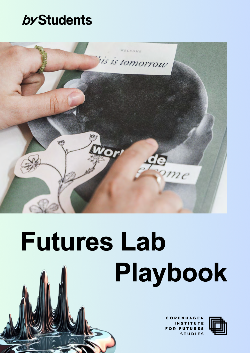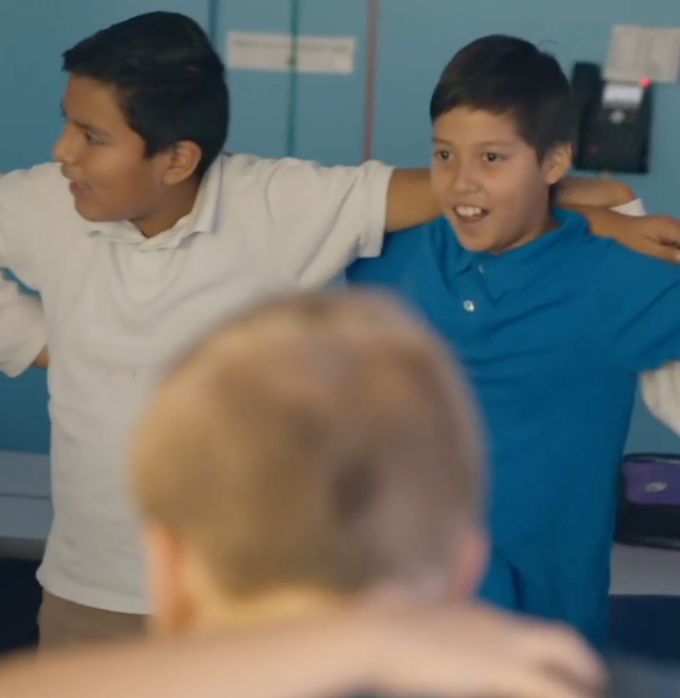August 15, 2025
Teaching
"The classroom remains the most radical space of possibility."

Anke Schwittay's work bridges anthropology, global development, and design. She is developing what she calls critical-creative pedagogy—teaching methods that invite experimentation, imagination, and deep engagement with social challenges.
She is particularly critical of what she refers to as "Eurocentric linear visions," a dominant way of thinking that centers European history, culture, and values as the norm or standard for interpreting the future. This perspective, she says, tends to view progress and history as a straight, predictable path that follows Western European capitalist and modernist ideals. The problem with this worldview is that it ignores or marginalizes other cultural worldviews, histories, and possibilities.
Drawing on broader Indigenous worldviews, feminist economics, and design practice, Schwittay sees education as a space for imagining plural, transformative futures. She calls for an approach to learning that prioritizes creativity, radical hope, and the co-creation of alternative futures over “solutionism” and its reliance on quick technological or economic fixes.
She is reimagining the classroom as a radical site of possibility where students can envision and design diverse, context-rooted responses to today’s social, economic, and ecological crises.
"When futures are seen as sites of possibilities that students can explore, rather than being predetermined by teachers and other adults, educational spaces can become places of experimentation with potential alternative futures."
"As Colombian activists put it, 'we cannot construct our world with more of the same . . . What’s possible has already been done; now let’s go for the impossible.'"
WEBSITE: Creative Universities




